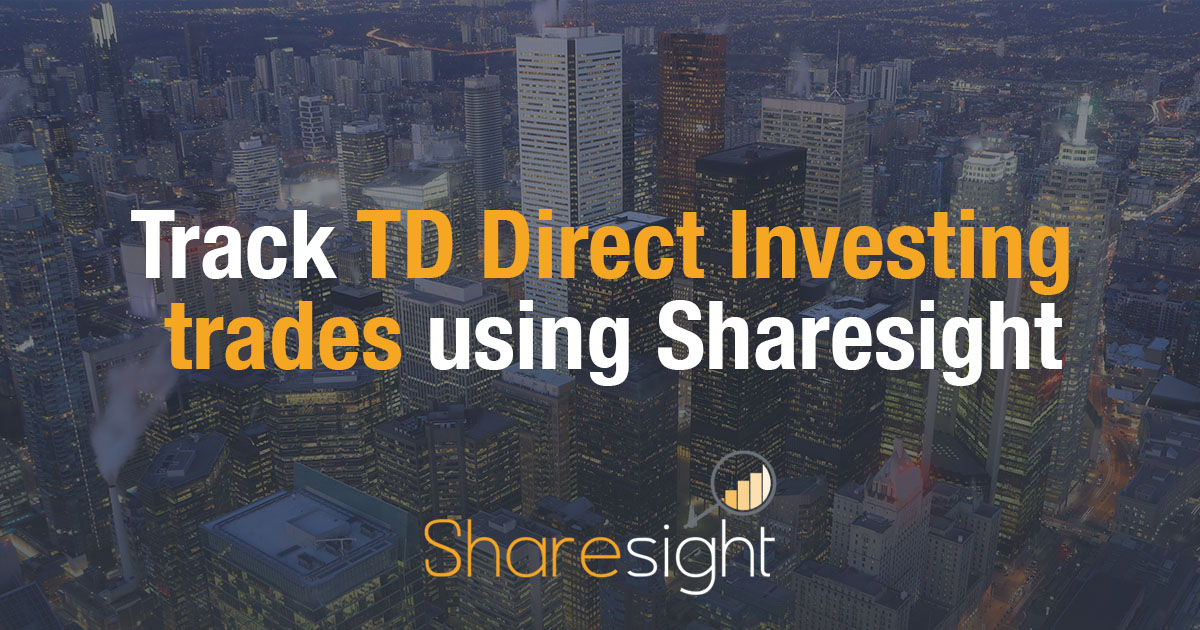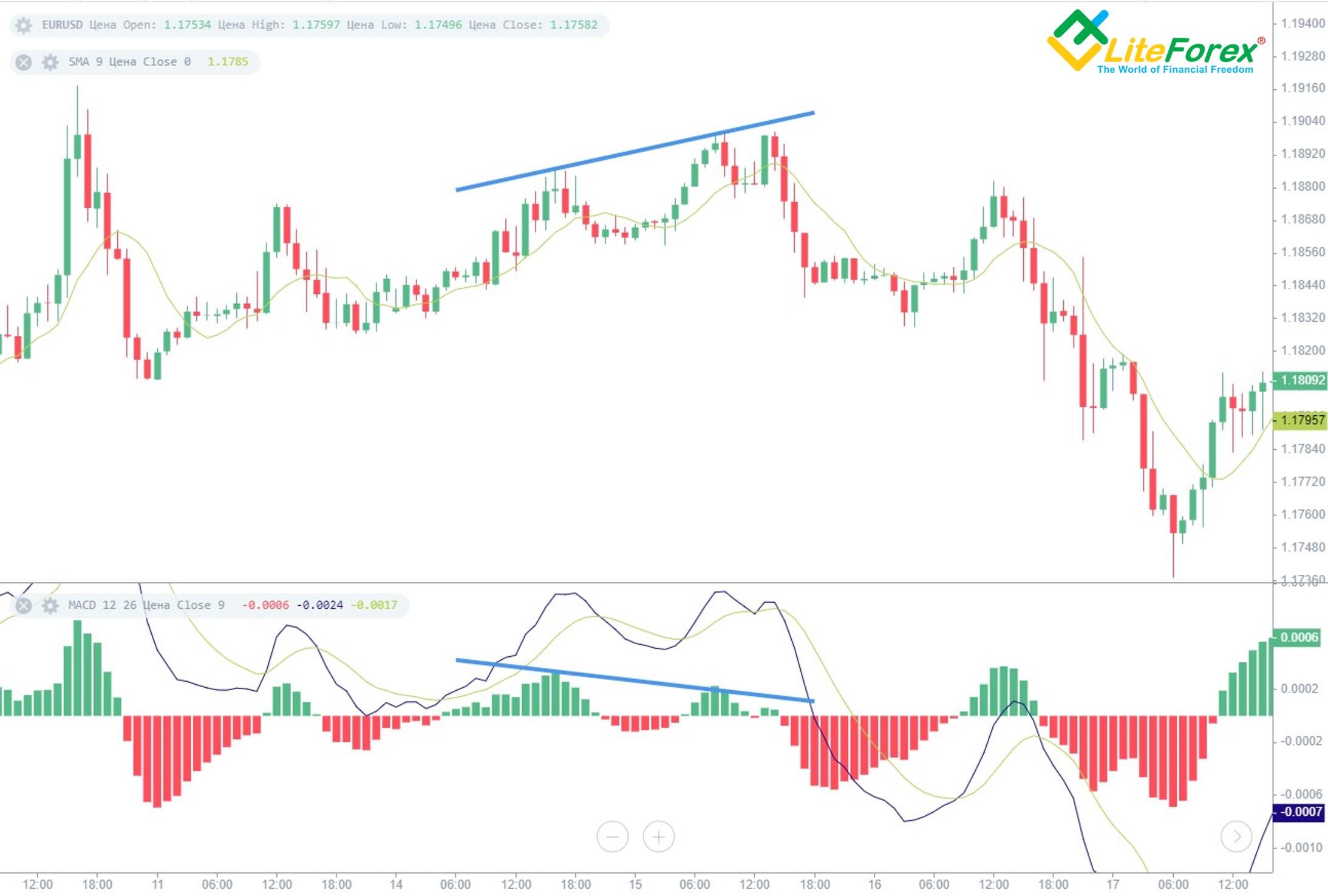
You might start investing in the fastest-growing stock markets by starting with penny stocks. Here are some of my favorite penny stocks. All For One Media Corp. (NASDAQ: AFOMC) makes movies and sells the soundtracks of these films. Its stock price has more than doubled in the past two months and the company is slated for a large increase in 2019.
JX Luxventure Limited (NASDAQ: LLL)
Before investing in Jx Luxventure Limited (NASDAQ: LLL), it is crucial to understand the risks and benefits associated with the stock. These risks include market volatility and company-specific events. Understanding risk-adjusted returned is crucial to reduce these risks. The Sharpe ratio is a common measure of risk that measures the excess return from an additional unit of volatility. This calculates the asset against a benchmark.
LLL shares were historically low-priced, but investors should take into consideration its history and future prospects. JX Luxventure Limited plans to release its next quarter's report in July. Investors continue to be optimistic about the company's ability to announce higher dividends than the stock is currently experiencing. However, it is possible that the stock will lose value again before its next quarterly report.

Endo Pharmaceuticals
Endo Pharmaceuticals is a penny stock that's huge. The biotech recently announced that Endo Pharmaceuticals' drug Endophine has been tentatively approved by a court. The company is also a leader of alternative medicine. Endophine treats pain by stimulating the vagus neuron. Although the company is small in scale, it has enormous potential.
Although trading penny stocks is exciting, investors should be careful not to trade with emotions. New traders can fall prey to the temptation of getting caught up in the excitement of the stock market. Keep to your plan and execute flawlessly. Traders should always have an action plan. They shouldn't make decisions based solely on emotions. It will make it easier to take the right decision and avoid any losses due to greed and fear.
NeuroMetrix
The following three companies are good options for penny stocks: Transocean. NeuroMetrix. BrainTech. All three companies address chronic issues in the health sector and allow investors to make a profit. Just a few weeks ago, NeuroMetrix stock was trading for under $5 a share. It trades today for almost $15 per share, which is an impressive increase on its previous low.
Although NeuroMetrix is one of the highest volume penny stocks in the market, its stock has been fairly quiet since early March. With the exception of a virtual shareholder meeting, it has been almost silent ever since. The stock has risen significantly from $2.16 this morning to $3.89 today. It rose more than 105% just Tuesday. The stock has historically traded thin, with only 2.6 million shares changing hands today.

Majic Wheels Corp.
Majic Wheels Corp. (or "Majic Wheels", as it is more commonly known) is a Delaware-based development-stage company. Its goal is to develop a radio-controlled toy vehicle that can climb on inclined surfaces using unique adhesive wheels. Majic Wheels, a registered company on Form SB-2 of the Securities and Exchange Commission, is currently in preparation. The company isn't yet listed on NASDAQ Global select Market.
FAQ
Who can trade in the stock market?
The answer is everyone. There are many differences in the world. Some people have better skills or knowledge than others. So they should be rewarded for their efforts.
But other factors determine whether someone succeeds or fails in trading stocks. If you don’t know the basics of financial reporting, you will not be able to make decisions based on them.
These reports are not for you unless you know how to interpret them. You need to know what each number means. And you must be able to interpret the numbers correctly.
If you do this, you'll be able to spot trends and patterns in the data. This will help to determine when you should buy or sell shares.
This could lead to you becoming wealthy if you're fortunate enough.
How does the stock markets work?
By buying shares of stock, you're purchasing ownership rights in a part of the company. A shareholder has certain rights. He/she is able to vote on major policy and resolutions. He/she may demand damages compensation from the company. He/she can also sue the firm for breach of contract.
A company cannot issue any more shares than its total assets, minus liabilities. This is called "capital adequacy."
A company that has a high capital ratio is considered safe. Low ratios can be risky investments.
What is the difference between non-marketable and marketable securities?
The main differences are that non-marketable securities have less liquidity, lower trading volumes, and higher transaction costs. Marketable securities are traded on exchanges, and have higher liquidity and trading volumes. They also offer better price discovery mechanisms as they trade at all times. However, there are some exceptions to the rule. Some mutual funds, for example, are restricted to institutional investors only and cannot trade on the public markets.
Non-marketable securities can be more risky that marketable securities. They generally have lower yields, and require greater initial capital deposits. Marketable securities are usually safer and more manageable than non-marketable securities.
A bond issued by large corporations has a higher likelihood of being repaid than one issued by small businesses. This is because the former may have a strong balance sheet, while the latter might not.
Investment companies prefer to hold marketable securities because they can earn higher portfolio returns.
What is the difference between the securities market and the stock market?
The securities market is the whole group of companies that are listed on any exchange for trading shares. This includes stocks and bonds, options and futures contracts as well as other financial instruments. Stock markets can be divided into two groups: primary or secondary. Stock markets that are primary include large exchanges like the NYSE and NASDAQ. Secondary stock exchanges are smaller ones where investors can trade privately. These include OTC Bulletin Board (Over-the-Counter), Pink Sheets, and Nasdaq SmallCap Market.
Stock markets are important as they allow people to trade shares of businesses and buy or sell them. It is the share price that determines their value. New shares are issued to the public when a company goes public. Dividends are paid to investors who buy these shares. Dividends refer to payments made by corporations for shareholders.
In addition to providing a place for buyers and sellers, stock markets also serve as a tool for corporate governance. Boards of directors, elected by shareholders, oversee the management. The boards ensure that managers are following ethical business practices. If the board is unable to fulfill its duties, the government could replace it.
What are the pros of investing through a Mutual Fund?
-
Low cost - Buying shares directly from a company can be expensive. A mutual fund can be cheaper than buying shares directly.
-
Diversification – Most mutual funds are made up of a number of securities. If one type of security drops in value, others will rise.
-
Professional management - professional mangers ensure that the fund only holds securities that are compatible with its objectives.
-
Liquidity – mutual funds provide instant access to cash. You can withdraw the money whenever and wherever you want.
-
Tax efficiency: Mutual funds are tax-efficient. Because mutual funds are tax efficient, you don’t have to worry much about capital gains or loss until you decide to sell your shares.
-
Purchase and sale of shares come with no transaction charges or commissions.
-
Mutual funds are simple to use. All you need is a bank account and some money.
-
Flexibility: You can easily change your holdings without incurring additional charges.
-
Access to information – You can access the fund's activities and monitor its performance.
-
Investment advice - ask questions and get the answers you need from the fund manager.
-
Security - Know exactly what security you have.
-
Control - The fund can be controlled in how it invests.
-
Portfolio tracking - You can track the performance over time of your portfolio.
-
Easy withdrawal - it is easy to withdraw funds.
There are disadvantages to investing through mutual funds
-
Limited choice - not every possible investment opportunity is available in a mutual fund.
-
High expense ratio - the expenses associated with owning a share of a mutual fund include brokerage charges, administrative fees, and operating expenses. These expenses can reduce your return.
-
Lack of liquidity: Many mutual funds won't take deposits. They can only be bought with cash. This limits your investment options.
-
Poor customer service - there is no single contact point for customers to complain about problems with a mutual fund. Instead, you will need to deal with the administrators, brokers, salespeople and fund managers.
-
High risk - You could lose everything if the fund fails.
How are securities traded?
Stock market: Investors buy shares of companies to make money. Shares are issued by companies to raise capital and sold to investors. Investors then sell these shares back to the company when they decide to profit from owning the company's assets.
The price at which stocks trade on the open market is determined by supply and demand. The price rises if there is less demand than buyers. If there are more buyers than seller, the prices fall.
There are two methods to trade stocks.
-
Directly from company
-
Through a broker
What is a bond?
A bond agreement between two people where money is transferred to purchase goods or services. It is also known to be a contract.
A bond is usually written on a piece of paper and signed by both sides. The document contains details such as the date, amount owed, interest rate, etc.
The bond is used for risks such as the possibility of a business failing or someone breaking a promise.
Bonds can often be combined with other loans such as mortgages. This means that the borrower has to pay the loan back plus any interest.
Bonds can also be used to raise funds for large projects such as building roads, bridges and hospitals.
A bond becomes due when it matures. When a bond matures, the owner receives the principal amount and any interest.
Lenders lose their money if a bond is not paid back.
Statistics
- Even if you find talent for trading stocks, allocating more than 10% of your portfolio to an individual stock can expose your savings to too much volatility. (nerdwallet.com)
- Our focus on Main Street investors reflects the fact that American households own $38 trillion worth of equities, more than 59 percent of the U.S. equity market either directly or indirectly through mutual funds, retirement accounts, and other investments. (sec.gov)
- Individuals with very limited financial experience are either terrified by horror stories of average investors losing 50% of their portfolio value or are beguiled by "hot tips" that bear the promise of huge rewards but seldom pay off. (investopedia.com)
- The S&P 500 has grown about 10.5% per year since its establishment in the 1920s. (investopedia.com)
External Links
How To
How to Trade in Stock Market
Stock trading involves the purchase and sale of stocks, bonds, commodities or currencies as well as derivatives. Trading is French for "trading", which means someone who buys or sells. Traders buy and sell securities in order to make money through the difference between what they pay and what they receive. This is the oldest form of financial investment.
There are many ways you can invest in the stock exchange. There are three types that you can invest in the stock market: active, passive, or hybrid. Passive investors are passive investors and watch their investments grow. Actively traded investor look for profitable companies and try to profit from them. Hybrid investors take a mix of both these approaches.
Index funds that track broad indexes such as the Dow Jones Industrial Average or S&P 500 are passive investments. This type of investing is very popular as it allows you the opportunity to reap the benefits and not have to worry about the risks. All you have to do is relax and let your investments take care of themselves.
Active investing involves picking specific companies and analyzing their performance. An active investor will examine things like earnings growth and return on equity. They then decide whether they will buy shares or not. If they feel that the company's value is low, they will buy shares hoping that it goes up. On the other hand, if they think the company is overvalued, they will wait until the price drops before purchasing the stock.
Hybrid investing combines some aspects of both passive and active investing. For example, you might want to choose a fund that tracks many stocks, but you also want to choose several companies yourself. You would then put a portion of your portfolio in a passively managed fund, and another part in a group of actively managed funds.